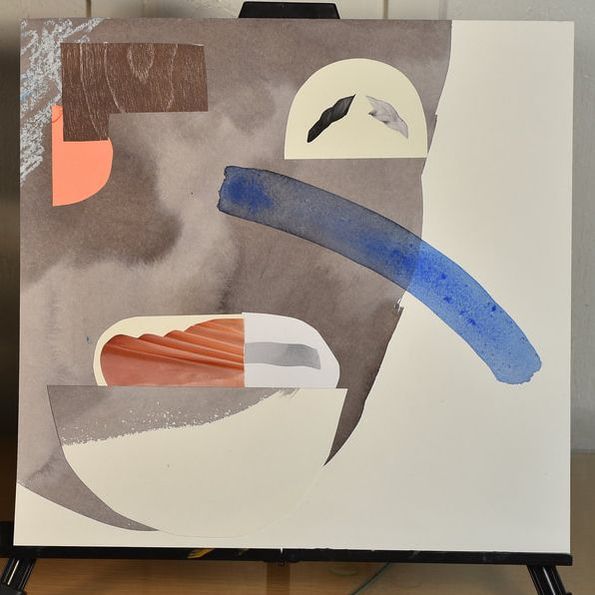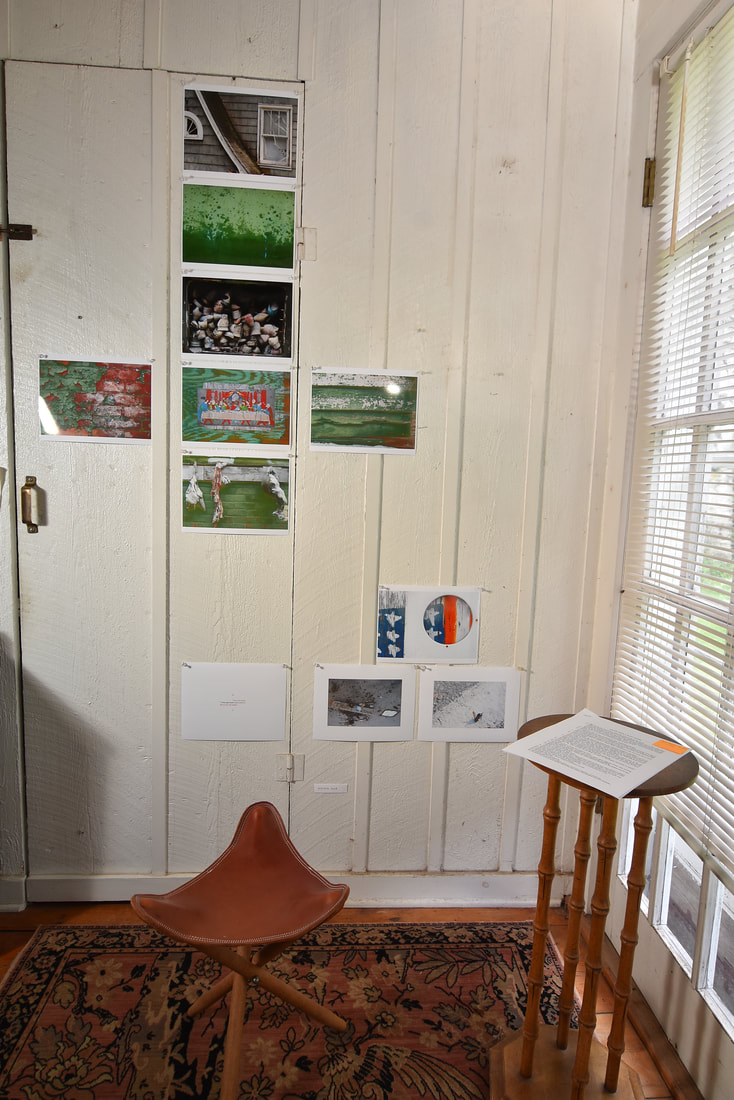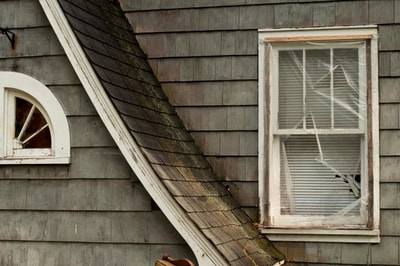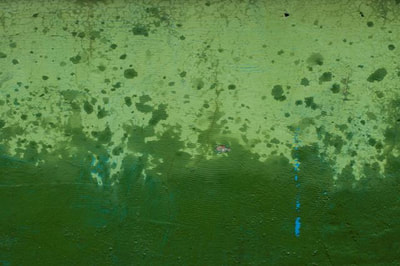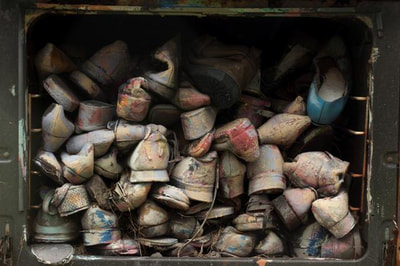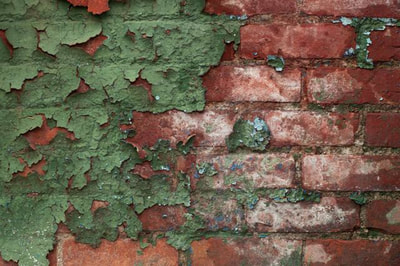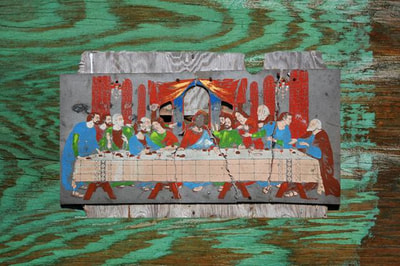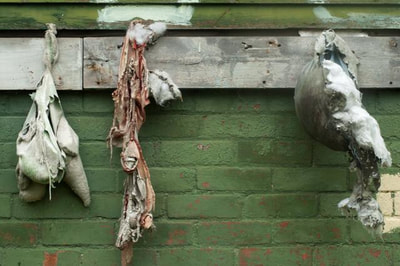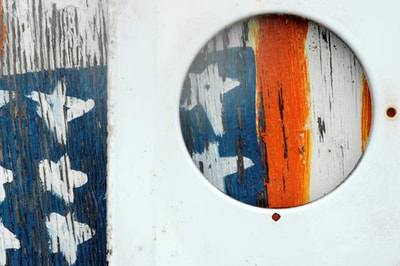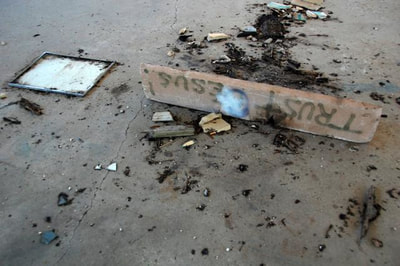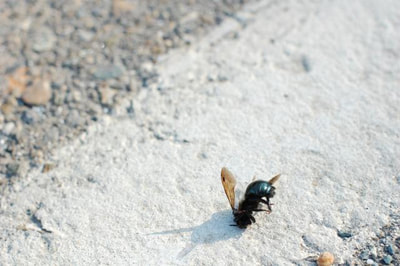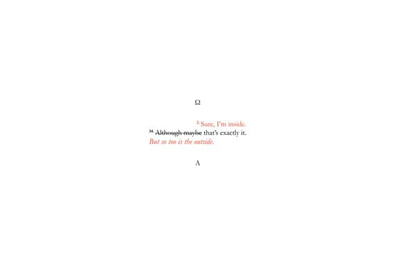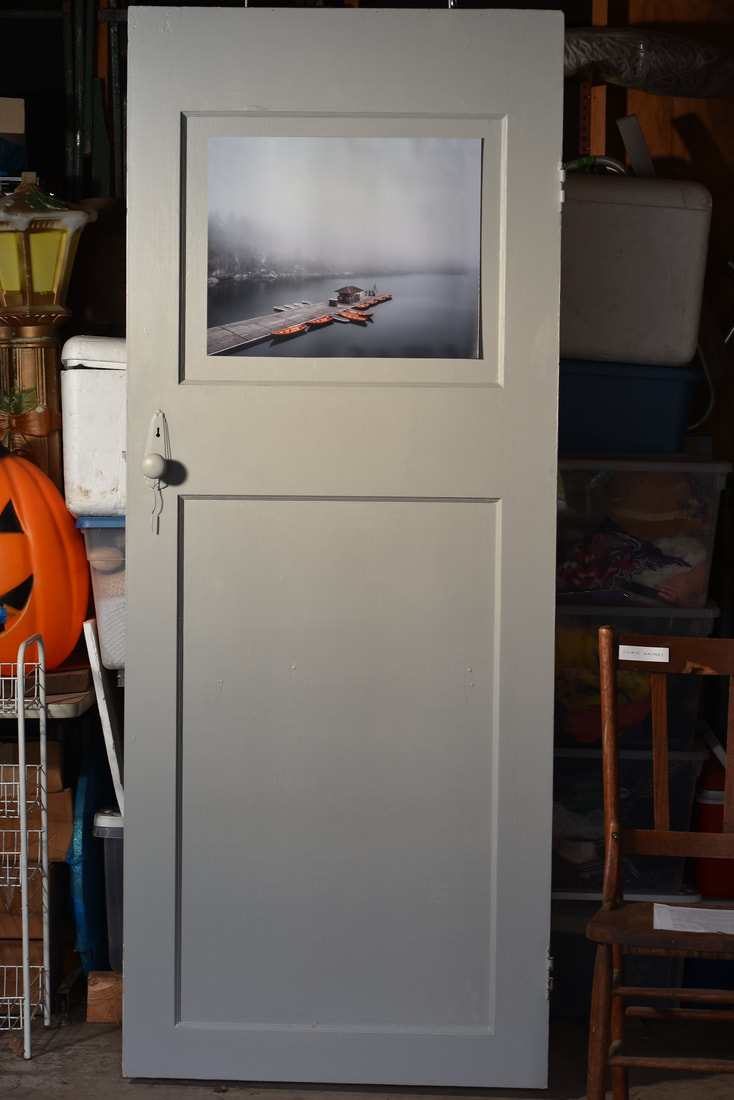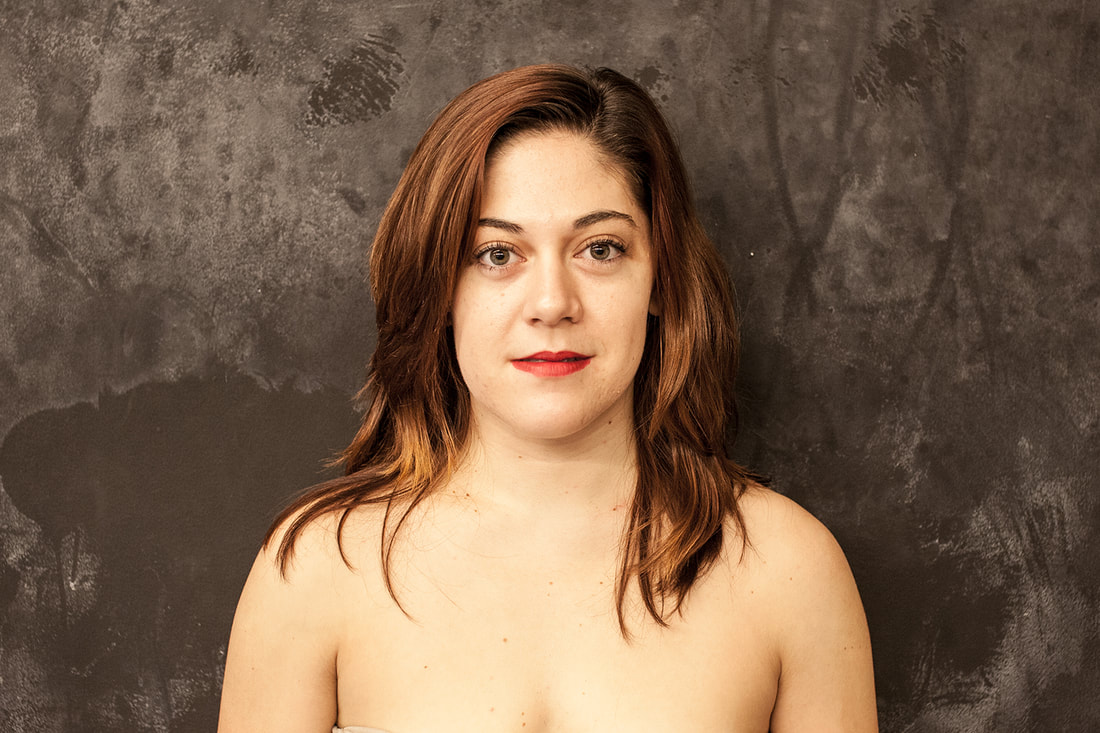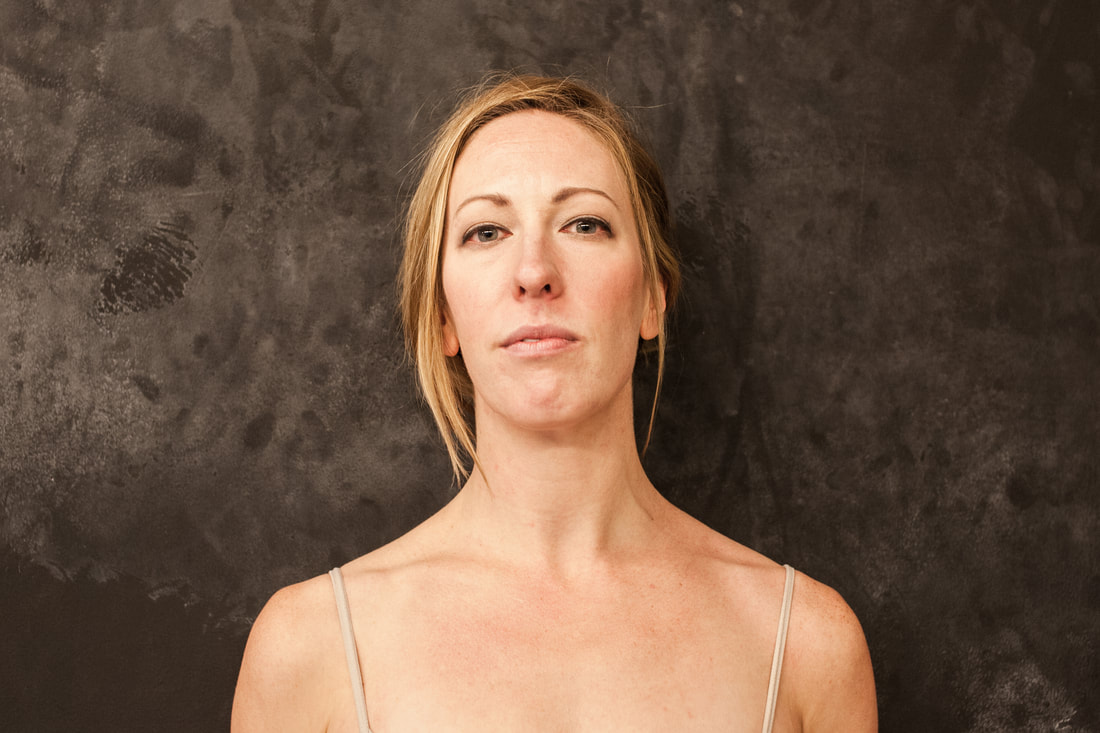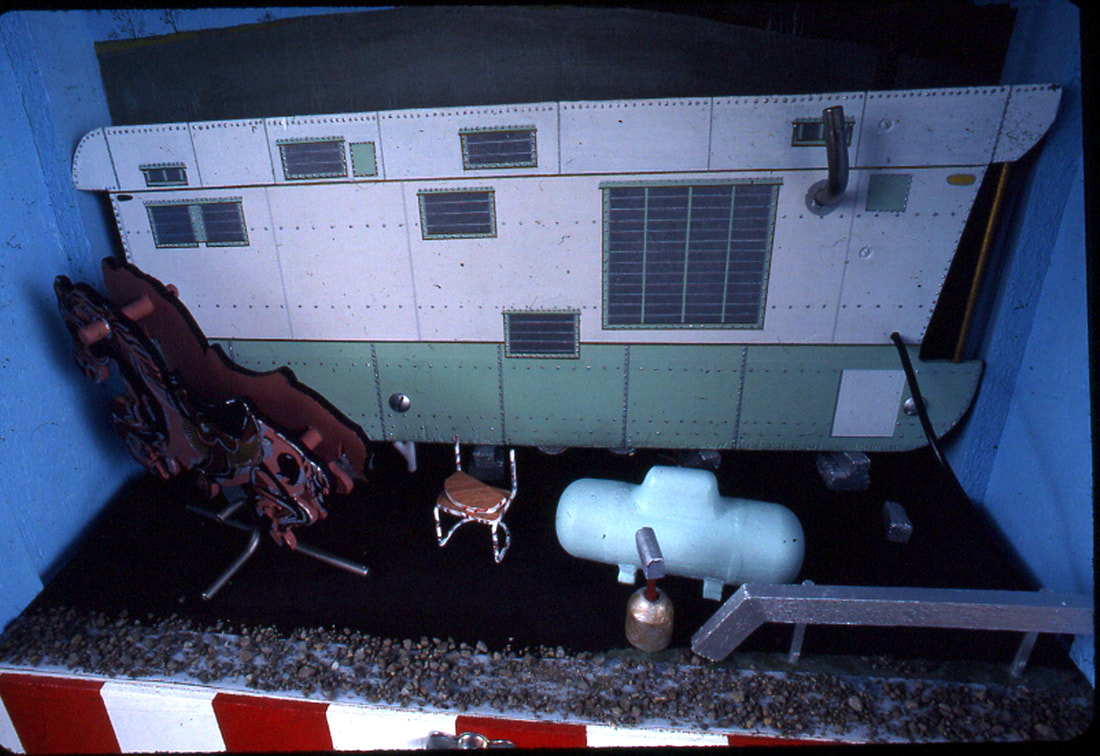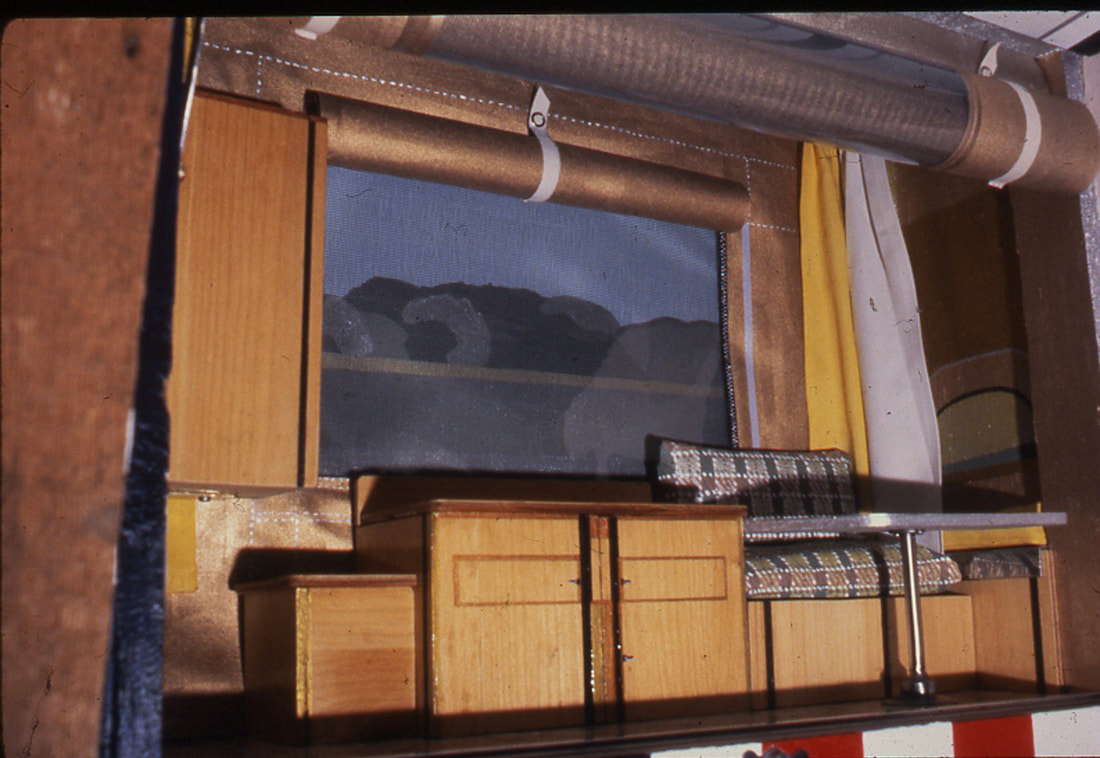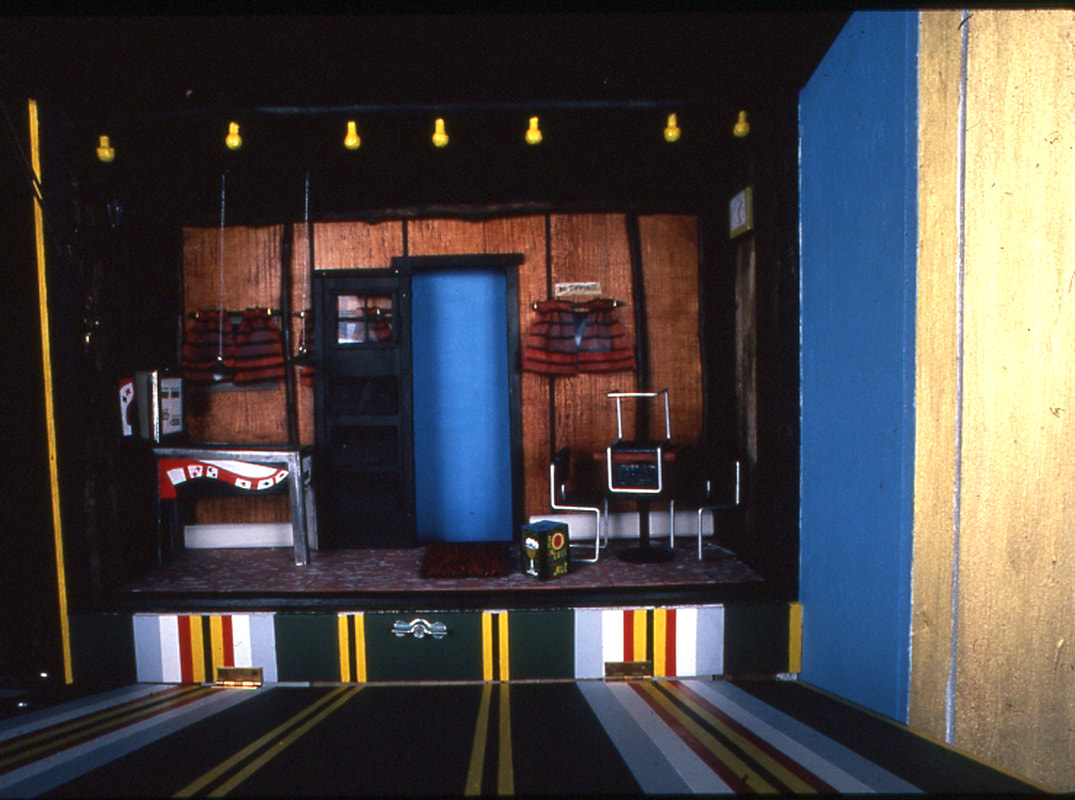|
**Please listen to the music below while you read this piece: composed by Ryan Hollister Small Escape
Chapter One “Pretty much everything here is free. Breakfast, lunch and even dinner, if you’re here late. Not just the food, though, stuff like pens, notebooks. Even computer peripherals. Basically the first thing everyone on my team does when they start is order a new keyboard. I’ll show you how to do that on your first day. There’s a webpage you go to where you can order pretty much anything and some guys upstairs bring it down. No cost to you at all.” Chapter Two I’m leaving home today. Mother is sitting across from me on the sofa we’ve had since as long as I can remember and, silhouetted against the dirty Chicago sunlight, I don’t feel much of anything. I’m reminded of a photograph my uncle once showed me of her as a youth in Islamabad riding a bicycle, a cigarette dangling carelessly from between two fingers of her left hand. In my lifetime that photograph is the only evidence I’ve seen to suggest that she had ever smiled. I have always envied that about her. Chapter Three The door closes behind me with a hollow whimper. It’s brand new, everything here is. The door, the counter tops, the track lights. It’s almost as if nothing had ever existed here before. Imagery of new modern ruins materialize in my brain; plantlife reclaiming the electric stove, vines dripping from the showerhead. My leather suitcases drop to the floor and I think how this gesture would have been more dramatic had it been performed just outside the threshold in the hallway, like the protagonists in films do when they’re trepidatious about their new lives. Chapter Four People are eager for me to describe my job on the rare occasion that I interact with the outside world. I struggle with this. At times I consider my job description to be ‘shedding long, black hair onto the headrest of a red upholstered chair’. It rarely matters, anyways. Mostly they just want to know what the office is like. This fortress of mystery; holed up in a cracker factory like royal squatters. Some day the peasants will eat us all. Chapter Five Everything really is free, there’s no limit to how much of any given thing you can take. I once witnessed a single man eat four large bowls of blackberries and each time the tray was empty, a cheerful man in a white chef’s coat would refill it from a fridge behind the counter. Perhaps there’s a sort of thrill being exposed to this opulence that wears off with time. I’ve started taking office supplies home with me. Post-It notes, pens, batteries. Things I don’t need. People pass in the hallway as I’m dumping fistfulls of double-A’s into my backpack and no one says a thing. Chapter Six Everyone lives here but at the same time nobody does. Chris, our project leader, suggested I get an apartment here because it is directly across from our office building. Looking out the window from my desk, I can see my apartment. It has become a sort of weird habit to stay later at work, maybe an extra hour or two, just to watch the people leave the office and walk across the street to their studio apartments. If I didn’t see it with my own eyes I would have to assume I was the sole occupant of 6480 Living Place. Walking through the hall at any given time save for before and after work, you’ll see no one. You’ll hear no one. Chapter Seven Arranged in my apartment window is a post-it collage of an 8-bit sprite from a video game I played as a child. It was an idea I stole from a tech blog. I can see it from my desk at work and a co-worker even posted a photo of it on our internal message board. The supplies all came from work, of course, but everyone seems to be heralding it as an artistic accomplishment. The large windows on the sixth floor by tech support have been gridded out for a similar group project. Chapter Eight They have begun work on a skybridge between the apartment complex and the office. Once it has been completed they will hermetically seal both buildings and we will exist only within the confines of this environment. I anticipate the announcement of the installation of a moat and drawbridge any day now. Chapter Nine Office supplies scatter across the beige carpet of my apartment as I empty the small cardboard box in a fit of anxiety. Taking up one of many Sharpie markers now displaced, this one is brown in color, I begin drawing little windows on the interior sides. With one of a half-dozen pairs of scissors from the sprawling pile I carve a door. After a few folds it even functions, more or less. I lay down an outrageous carpet of neon post-its. This feels good. Chapter Ten I break the unspoken rules of our culture as I venture out of our bubble unaccompanied by committee or group. I’ve searched the location of an arts & crafts store and embark on foot. My simple shoebox room has grown into a monstrous tower of sorts. Amazon boxes stacked atop each other, everything held together tenuously with scotch tape. As beautiful as it’s chaotic floorplan is, its asymmetry offends me. As an architect I can do better. Chapter Eleven “Did I see you walking down Forbes the other day, Amir?” She asks. I’ve never spoken more than a professional word to this woman and here she is questioning my movements. Nervously I nod, I mumble, I excuse myself. I question whether or not I should invest in a disguise. Maybe a hood, a beard I can put on when I roam the horrible streets. No; if a disguise is to be worn, it should be here in the halls of this office. I should wrap myself in an emotional hazmat suit to stave off the poisonous enquiries of these sterile monsters. Chapter Twelve A small village has sprouted from the remains of my initial effort. Perhaps not as daring as the structurally impossible tower I constructed with the scraps of corporate culture, the new dwellings are refined and understated. Single family homes pool together at the end of a cul de sac just a scale half-mile from a tiny Main Street. I, for a time, occupied a small efficiency above the coffee shop, but decided that I’d like to take up gardening and moved into a small two-bedroom home near the grocery store. My life is simple and quiet, here. I’m shielded, I am happy. Chapter Thirteen I watch the cursor flicker between white and black. Blinking in and out of existence. I can relate. Chris has asked me several times in the last month about the progress of my work and the last time he did I almost told him about the new venue that is opening up near the ‘Recliner Diner’, so named because of its proximity to the last piece of furniture remaining in my apartment. But I’m staring at a black screen with a cascade of white text, peppered heavily with parentheses and brackets. A revision history shows that it was last changed over a week ago, but it’s hard to concentrate on my inability to think in code when I’ve just thought of the perfect wallpaper pattern for the venue’s walls. Chapter Fourteen RE: BIRDFEEDER ATTRACTING PESTS Rather than employing a potentially hazardous poison in the courtyard area, I’ve taken the environmental initiative of deploying have-a-heart traps near the bird feeder to catch squirrels who are lured to our green space by the abundance of seed. I enjoy watching the birds from my windows, both at work and at home, and would rather put in the extra effort than see it vanish. I was, however, thinking it might be fun to start a sort of catch and release club. I’ll be transporting the squirrels to Frick Park as needed and would enjoy the company of other hikers as we introduce the animals to their new habitat. Anyone interested? Happy Friday! Chelsea O. Chapter Fifteen As of right now, no one has noticed the diminishing. Rather, no one has mentioned it to me. I can’t imagine the change will be visibly noticeable to the office staff for another week or two, at the very least. During this period it is my intent to furnish as much of Centerville as possible. Crudely fashioned living room sets made of scrap fabric and thick-gauge wire are being replaced. Using models I found on an open source repository I’ve been employing the office 3D printer to craft various chairs, televisions, refrigerators and the like all in garish primary colored plastics. Adam, in the seventh floor micro-kitchen, is talking to Kathleen about how the printer has been booked unfairly for days. “Must be a new hire.” She says, stirring honey into her Icelandic yogurt. “ They get so excited about it when they first start, but within a week the novelty wears off.” Chapter Sixteen The most difficult part of the process has been the effect my smaller hands have had on my ability to type. It’s not impossible, rather, just clumsy. Slower. Tiny, fresh fingers lack the same reach and I often end up hitting the ‘k’ where I’d meant to hit the ‘l’. Ironically I’ve found a renewed passion for my work, as I anticipate it to be my last opportunity to practice my career. It’s funny, as with life itself, once a finite deadline has been set you tend to cherish each day with a careless and precious handling of every insignificant moment. Chapter Seventeen Disaster. Perhaps I have exceeded my talents, but the functional model street lights I had wired around the town square intersection caught fire and damaged the clock tower -- the central and defining landmark of Centerville. While the damage is not insurmountable, it did bring into focus the fact that I neglected to furnish the city with proper emergency services. It has been twelve days since the diminishing began and I’m not entirely certain I will have enough time to establish the proper services. Chapter Eighteen I have stopped going to work altogether. My size has rendered me, by comparison, a comical facsimile of a human being. Feigning an illness, it did not matter which, I have excused myself from the office for an indeterminate period of time. I do not intend to return, but, in the event that my diminishing takes longer than anticipated, I would prefer to maintain the income. I am still able to submit work, though it is not expected of me during my sick leave. Chapter Nineteen “Mother, this is Amir calling from my new apartment. I’m aware that it is late…” I pause, considering whether or not this is a necessary phone call; whether or not this is a goodbye. “Mother, I remember when I was young - not my first memory of you, but I was young - I looked into your sienna eyes. I could see, there, the latticework of mortar, strong and fresh. That wall spanned the infinite length of your iris, it held your world complete. While, in a sense, I have never truly known you, this is the most important thing you’ve ever taught me. We’re all architects in our own way; you and Jalna and I.” As I chew the truth of my prepared closing statement the phone interrupts my reflections, asking if I need more time. I press the number key indicating that I do not, and hang up. Chapter Twenty Still too large to go inside any of the buildings, I am now able to walk the streets of my creation with some sense of regularity. I have spent the better part of the day opening doors, testing benches for structural integrity, matching my might against the walls of various buildings. While, mentally, I had lived in many of these houses, being here among them as a resident left me feeling rather out of sorts with my creations. The dream home I had spent the most time building now seems to belong to some stranger. Laying on a park bench, the tiny ridges of the printed plastic cut into my back and shoulders and it occurs to me that I am still falling asleep staring at the same ceiling. by Fredrick R. Arnold III She thought she got it, too. Hands shaking with excitement, the spoon rattling against the teacup in her hands, Staci recounted every second of the oddest audition of her career to her roommate. Her skin flushed from the cocktail of adrenaline and August heat, but she couldn’t sit still or even stop to take a sip. There was too much to say. Charlotte eyes widened. “And you said yes?” “I had to. You know how many times I’ve gone in for roles I was made for, and all I left with was a half-hearted handshake?” Staci’s eyes glimmered. Yes, the director had seemed more than odd, if not downright creepy, and the low-budget film set, in a dingy warehouse pier, didn’t fill her mind with confidence that this project would be her stepping-stone to stardom. Still, there was a stirring inside of her. She’d opened the grimy warehouse door, at once desperately hoping she had the right place and desperately hoping she didn’t, to find the familiar buzz of theatre activity already underway. The costumer makers huddled and murmured in one corner, squinting and shaking their heads over reams of avocado green and creamsicle orange fabrics. The set designer paced the stage, alternately placing the cheap metal chair upside-down on the little wooden bar table and then removing it again on an endless loop. Green, purple, blue and red lights flashed on and then off, marionettes of the tech crew. “STOP PLEASING OTHERS, ANGELA!” He was in front of her suddenly, screaming so violently the veins in his neck visibly quivered, his eyes bulging and throbbing with rage. “You are only on this ride once. Are you going to waste it on rodents who don’t even care you exist? Do YOU even care you exist?” “I’m… I’m…” The spittle from the insult flecked her face. In her shock, it took her moments to realize he was delivering lines from the play, so disorienting was his attack. She had a sudden awareness that all eyes in the tacky, makeshift studio had turned towards them. Without time to discern anything more and with all her faculties having return to her, she leapt. “You wouldn’t know the first thing about the cost of trying to make it in this place, Frank! This wasn’t handed to me! You...you were born into this! Daddy made sure of it!” She looked down, briefly, then a back up again, leveling an icy glare on the man. “Perhaps...” She paused, for a moment, while her right hand reached inside the shiny black bag dangling at her waist. “...this ride needs one less passenger.” By Viva & Matt McCluskey dramatic reading (at the June event) by Suzanne Schapira
Finite Disorientation He is better than you, he is grand. His fingers work at the speed of light And he can craft in darkness. The strands on his head move deliberately, effortlessly iridescent. He is better than you, he is grand. His constructions fit stadiums inside stadiums inside stadiums. He plants dreams right into the ground, and he can levitate a horse. He can shave just by thinking about it. He is better than you, he is grand. Those large feet face gravity everyday like loyal soldiers. But he stumbles looking up. And his chair broke and is so small. By Reva Eiferman narration & film by Mark Fred Hibbard
Hana, man, mona, mike; Barcelona, bona, strike; Hare, ware, frown, vanac; Harrico, warico, we wo, wac. I fell backwards from my fragile chair, not unusual for me, I fix things for a living so at home I like the freedom of disordered and broken things, I find comfort in it. I was never the goose on the playground, always the duck... like the kind of duck you see in the window of a Chinese deli in San Francisco hanging amongst brothers, it's not sad, each one is waiting to be freed from the hook, ready to become the antagonistic goose. As I lay there on my back looking up at the corrugated metallic horizon of my home It occurs to me... a tiger won't holler and a duck is no match for a goose. My story isn't sad, it's not even a story so much as a thought or the feeling you have when you play with your sibling jumping from chair to couch to chair, feet never touching the ground. You know all along that the lava makes it fun, you know that you can open the heat register and free your mini-figs from lego jail, you know that paper and scissor will never be a match for rock. I put the ashes in my pockets instead of the posies, my chair isn't broken because we all fall down. by Whitney Menzel video & choreography by Kristen Merritt
Notes from a Safe House
by Douglas Milliken photo installation by Vivian Hua
individual photos: Made in a Trailer Park I remember the broken years you lived in that rumpled land submarine someone else had run aground at the park behind the drive-in. The faded green trim. The once upon a time white, a wind-buffed shade of bone. I remember how we would make up stories of all the lives given to it, lost to it, as if that dented trailer were a ship night-mangled on a reef of failed dreams, again and again, over the years before you and your mom pieced it together for your own doomed voyage, which seemed destined to leave you stranded there. I remember the way your mom rigged up that shower out back. Those three shivery buckets. The way you squealed from the cold, even in summertime. I remember the way she would rinse between double features. The glow from the giant screen filtered through the two small windows of your home, brightening her shoulders as if she did have stardust, as if she might have been a washed up, washed out, shooting star. I remember all those movies. The hollow sound of the tin roof beneath our feet as if the world might swallow us whole. The day that hail storm pinned you down for hours, as if trying to break through, trying to break you. I remember how you swore you’d get out. You’d wash your hands of that place, of that life. Here it is all these years later, someone else catching sight of you from that not quite collapsed abode. A girl, maybe, on the one-eared rocking horse you left behind, corralled in the stony yard. A mom, or dad, or aunt, maybe, looking up from a feeble kitchen chair plunked by the new water hookup, watching your massive face, that long ago ache in your eyes something you have turned to gold. No one even noticing the rotted corner of the big screen. Peeling layers of paint. All they see is the tear you have trained to run down your right cheek. As if you have channeled some part of you that never got out, that never truly got away. by Lafayette Wattles Video by Meg Willing
**Special note: Sarah Foster chose to be both a writer AND a collaborator, so it made sense to layer these collaborations together as follows:
Megan Grumbling, writer + Sarah Foster, collaborator (dancer) Sarah Foster, writer + Simon Bjarning, collaborator (musician)
Starlight: A Choreographic Soliloquy
The essence of the dance is mint. The dancer enters, on finger-points, from above the trailer. A cool, shivery touch. Optimism and goosebump. Innuendo. The dancer’s fingers ever so lightly graze the surfaces – trailer, broken chair, rocking horse. A quivering bourée downstage. Peppermint, wintergreen. Starlight. Stella. Stella! The dancer gives a quivering shake. A beautiful, scintillating shudder. Like jazz hands. Like Pentecostalists seized with God. The shuddering is meant to express mint. The flash of her hands, palms open, Starlight. The sudden stoic whites of her eyes. Highway and Canyon. Her character lives in the trailer, waters the stones, checks the mail, paints peppermint stripes on the yard’s breakages and ends. Horizon. Her stoic whites of eyes, of course, are off-stage. The meta-proscenium. But it’s a distinction without a difference. Highway and Canyon. Off-stage, above the proscenium, the dancer widens her eyes. Horizon. Winks. That wink is not in the choreography. And yet it is true to the spirit. Mint. Optimism, innuendo, Highway. She is a good dancer. She can improvise. The dancer delicately spider-crawls up the trailer wall. And though the dancer has her choreography, the rules are loose. She has choice in her fingers. Even in her eyes. I've written it in, her choice. She can elect to wink. She is not a tiny dancer. She is quite tall, actually. Her hands in the yard. As tall as the trailer. When she reaches down into the yard, it is not like the hand of god; it is better: the hand of a dancer. The dancer improvises, with one finger, against the rocking horse. She does not ride the horse but rocks it. One finger. It conjures a certain kind of cowboy, a certain kind of yeoman farmer. Bootstraps, Fruited Plain. This choreographic theme is called Hope: The dancer stands two fingers on the chair and raises her pinkie and thumb. The dance is all about conjuring. Discovery. Optimism. See, how she checks the mailbox. With one finger, the dancer taps the mailbox, three times. Three times, like a knock. From her palm, magician-like, appears a small stone. She puts it with several others on the ground. She is building a wall with the stones. A sort of wall, anyway. Really she just waters them. But now it is tomorrow, and something changes in the dance: Today, no stone will come in the mail. The dancer taps the mailbox, reveals an empty flash of palm. Not a pebble, not even gravel. And the next day. Taps, flash-of-palm, empty. Beat. Again. Not even sand. Nothing to put in the wall. Nothing to water. Every day until now there's been a stone come in the mailbox. And so is it a kind of a political show I have choreographed, a political dance? How the stones keep arriving until they don't? The wall that is sort of a wall? How only one dancer can ride the rocking horse at a time, and even then, only with one finger? Both the stones and the dance seem so much smaller onstage. And bigger. The grandeur, the squalor. I’ve written dances for a lot of shows – music boxes, grange halls, but this one I can't quite get a handle on. Comedy or tragedy? You can't tell from the music; such a pastiche. Maybe it's not really a political dance at all. Maybe it's all about the body. The body in space. The dancer traces a finger up the stage-right wall, then leaps her palm to the far wall, clearing the horse. She dances it well, with abandon, minty ecstasy. Starlight Optimism. It's not easy. The syncopation, the compartmentalization. But it's beautiful, too, and when she hits it just right – the leap, clearing the horse, the gas tank, the grandeur, the squalor – stones or none, well, it just must feel so good in your body to pull off that kind of leap. And this set she’s leaping over, the setting of the dance. This trailer, that is. A trailer, wintergreen green. A symbol? A screen? A scrim? Perhaps the dancer herself is uncertain. Is the trailer a grotesque or an idol? Perhaps it is Schroedinger's trailer: Until you open it up, it is both. This choreographic theme is called Cognitive Dissonance. She moves on a line. On a point. Spins. Is she an electron? An angel? You can see from the candor of her dance that the dancer doesn't want to condescend to the trailer. She doesn't want to be precious. She doesn't want to use fairy dust. Everyone involved in the dance has had to contend with the problem of representation of the trailer. Is it a symbol? A scrim? A jack-in-the-box? The secret passage? A pasteboard mask? At some point, someone is going to have to knock on its door. The place I live, it's small too. Doesn't everyone live in a small place? It's called a body. A Body, this choreographic theme is called. The dancer moves at a slow 3. In a wave. This one, Society. She moves at a 6. In a writhe. This one, Grief. She moves at a 1. Limp. Her character has heard that the stones are really pebbles. That the stones are only gravel. That the stones are sand. Will the stones come again? The dancer holds her fingers poised near the mailbox, waiting for the next bit. I'm not sure I remember this next bit. The dancer starts to tap the mailbox, but hovers. Gives a quivering shake. Grazes the surfaces of trailer, broken chair, rocking horse. I have choreographed her movements. But she must dance them. Her fingers, her hands. Her lips, brows, eyes, high above the proscenium. The moon of the dance, so to speak. The stars. A kind of Starlight. A most beautiful light. Horizon. Even when it is only on a stage, only a dance. This whole show, truth be told, is more than a little hypothetical. A work in progress. Let's call it an experiment. Horizon. She widens her eyes. Tingling with spin, gravel, and mint. Optimism Like jazz hands seized. An unpredictable experiment. A knock on the door. But maybe, possibly, a great one. by Megan Grumbling The Dance is Mint from MoveWorks on Vimeo.
Reader: Douglas Milliken
Dancer: Sarah Foster
Original music, "Ours" by Simon Bjarning
in response to: Maybe I should just sit here. Maybe I should just wait for it to happen. I stop jumping. I mutter under my breath words I wouldn’t say in front of my mother. My not-so-carefully chosen clothing barely covers my thighs. I become acutely aware of a sticky film of sweat underneath my knees. Water starts to drizzle through, under the edge of the window grate. The overhead florescent lights flicker and make an intermittent buzzing noise. Like the sound of distant cicadas on a dewy night, somewhere in the South where the trees are bigger than they should be, with low hanging arms covered in lace. My arms feel heavy. I’m too lazy to hold them up. Maybe if I had done it differently. More determined - or from a different angle. This would have gone by faster. If wall clocks were still a thing, I’d watch the passing of the seconds. Every new moment eats up the past. Like a sewing needle poking through tough fabric, over and over again. Poke. Poke. Tick. Tock. But I don’t have a clock, just a ventilation pipe. My jaw tenses. I plunge my weight into the chair and push it to the corner. The back fell off months ago. That’s one of the reasons why I did what I did and why I’m doing what I’m doing. Too many broken things here. I tried to repair this sad little chair the way I repair everything - with candy cane striped tape and a good pun. I have many years of experience with inanimate objects - and the one thing that I know for sure is that they appreciate levity. Then I remember Pone, my beloved rocking horse. He sways reluctantly in the corner. His mechanical black eyes speak of many lives lived and his rusty joints squeal of abuse. I know he wants to know why we’re sinking. Why I allowed a perfectly fine mint and white motorhome to slide into my neighbor’s lake. Why I avoided Charlie and Yvette’s dinner invitations. Why I stole so many wrenches from the local hardware store. Why despite the tape, and the wrenches, and the jokes, and the fake repairs, we are still sinking. But it’s too soon to explain anything to anyone, especially a rocking horse. For all I know, we will be floating here forever in an endless circular river. I tell him, in my most caring voice, “don’t spell part backwards, Pone. It's a trap.” That’s one of his favorites. His laughter echoes against the outer walls, waves striking a tin roof. I read once, in a very smart-seeming book, that you can control your emotions by controlling your face. If I hosted a dinner party, that’s what I would talk about to entertain my guests. Then I’d make everyone at the table experiment with it. I’d tell everyone to make angry faces, and Charlie and Yvette’s brother would start screaming at each other. I’d tell everyone to make frowny sad faces, and Joelle would sink into her chair, watery-eyed. I’d order a chorus of hyena laughs and we’d all be best friends forever. I smile at the thought. I smile hard. And not just with my lips, but with my chin, and my eyes, and my teeth. Especially my teeth. To match my body to my face, I take a wrench in one hand and walk around the perimeter of the room, slapping my bare feet on the linoleum and lifting my knees high like a soldier. A joyous dance to match a joyous face. I bang the wrench on the hot water tank and I spin and hop and spin and hop. I shimmy left - I shimmy right. Joy boils in my flesh. Then the floor drops below me. The walls moan around me. I crouch down and back up against the wall. I drop the wrench. I insert my index fingers into the creases of my knees. I find comfort in the slick proximity of skin on skin. The small window by the ceiling has darkened. Water seeps in along the upper edges. A pool of liquid creeps up from the lowest part of the floor. I hear it coming. I wait. And smile. by Sarah Foster
BONUS! Sarah also brought a version of her writing with a short set of instructions for a willing volunteer to improv a short piece. Rhonda Morton (also a writer) volunteered:
I've Never Done This Before from MoveWorks on Vimeo. If I had ever thought of the challenges of middle school, the problem I faced would have never come to mind. My first period class, including me, had been informed of the school writing contest. This was a chance to show your true talent. Our quirky English teacher had told our class, hoping to resurrect our dead spirits towards the assignment. I was hooked at the idea, for writing stories is one of my great pastimes. But, for once, I felt as if I was trying to bake a cake with no ingredients. I didn’t know how to start my story. To avoid my constant habit of procrastination, I decided to take a short walk down the hallway. As I entered the long corridor, I was greeted by the brisk, glacier-like air clearing my mind. In a serene state, I stretched out my hand to the paper-white brick wall. It was as if my hand was an oar and my body was a boat, sailing through an ocean of air. Could I possibly be entering a state of enlightenment and inspiration? Nearing the end of the corridor, I felt my hand brush over something rough. The texture was drastically different from the smooth surface of the wall. The wood-like area of the wall was an indent in the hallway, making up a mere tier in an unknown cake of wall. I was surprised that I had never noticed this disembodiment while transporting myself through the corridor. Moving my hand in several full revolutions, I came to discover that the region I was touching moved slightly at its top. This must be a door, I thought to myself. The door must have a purpose, but what was it? Thoughts of childish excitement bombarded into my head like an extra neutron in an uranium atom. This nuclear fission overcame me. Could it be a pipeline of ductwork that led to every classroom in the building? Or was it a portal to another dimension with rainbows and unicorns and clouds made of fluffy cotton candy? Filled with curiosity, I got on my hands and knees, while I prepared to open the door knowing whatever lay behind it would amaze me. Checking the hallway to see if anyone was occupying the space, I decided to proceed, pass go, and collect two-hundred dollars. Well, maybe not the two-hundred dollars part, but something amazing, I hoped. I gave a gentle push on the door. The small board moved through the air like a stealth boat on dead calm water. I crawled through the small entrance, greeted by a dimly-lit room. The motion-sensor light illuminated a small portion of the room, the rest of the space was coated in inky shadows. Taking up the rest of the space were large articles. There were two chairs upside-down that were placed atop a small wooden table. On the other side of the rectangular room, a shower stall and a pinball machine lined the wall. Looking back on that day, I never truly understood how I found a storage closet so intriguing. Thinking of nothing better to do, I took down one of the chairs from the top of the table and sat in it. The cold, firm plastic sent a tickle up my spine. As my awe for the room had floated away like the graceful smoke of an extinguished candle, the thought of the story competition struck me like a snake in the grass. What was I going to do? I pondered over the issues to what felt like a great amount of time. I took a second glance at the articles in the room and several ideas came into my mind. Hmmm… I thought looking at the old, tired pinball machine. Maybe I could enter a story about a man named Ramon and how he met a girl, Stella, at an arcade or a casino, or any place that adults go to have fun. Or, peering at the shower stall, I could write about a naked lady who was murdered in her own bathtub. No, that wouldn’t work, I realized. It sounds like one of the boys in my class would say that to annoy the girls. Could I write about one of my adventures? None of these ideas seemed to work at all. Standing up from sitting at the table, I felt my chocolate wavy hair fall over my shoulders like a waterfall. Then, all of the sudden, I realized something important. Inspiration can come from you inside, not just what you see in the world. With this wisdom, I knew my story that I was going to write would be great. by Sophia McMaster Photograph & installation by Chris Walters
|
66 OURS - Collaborative Writing ProjectStarting with Phase 1, writers had 66 days to base their writing on 1 anonymous person & 1 vignette, dutifully and judiciously assigned to each writer by Amelia. Photos given to the writersEach writer was given a combination of 1 person + 1 vignette from the following:
Person 1
Person 2
Person 3
Vignette 1
Vignette 2
Vignette 3
Categories
All
|
